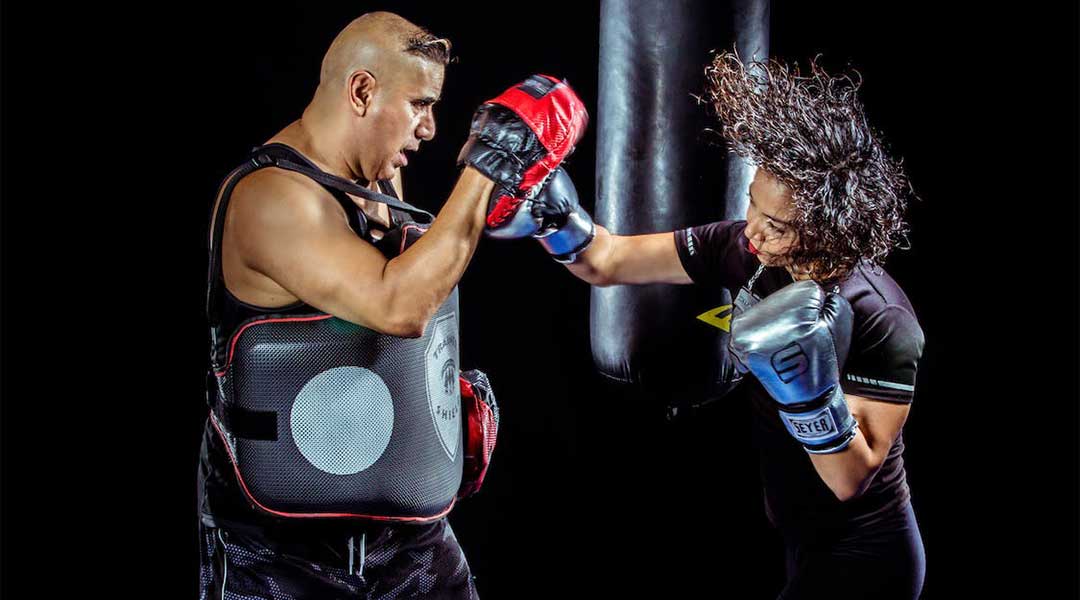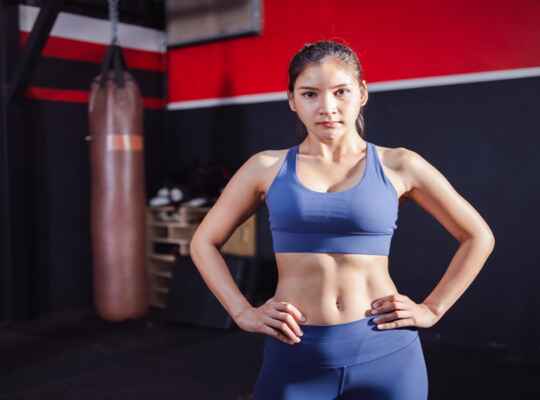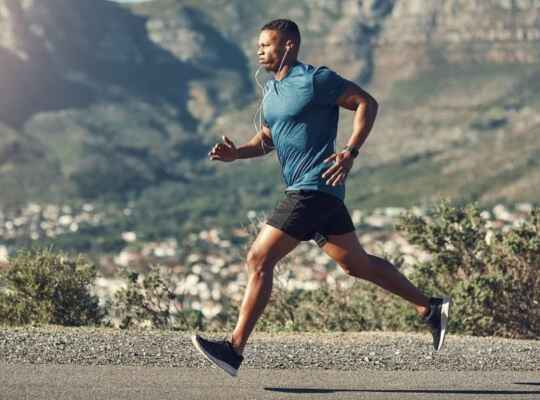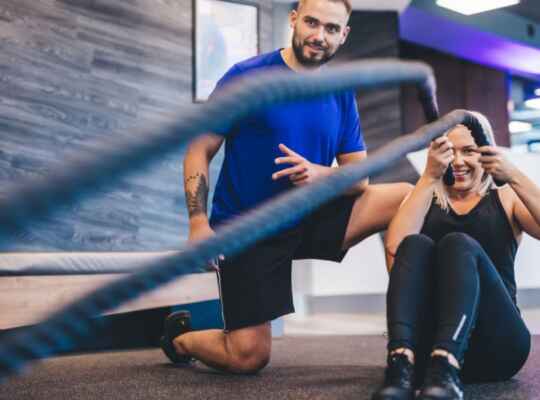- Launch Your Training Today! We're available 24/7 by Appointment Only.
- (615) 329-2747
- [email protected]
The Benefits of Personal Training for Athletes and Sports Performance

What Exercises Are Best for Functional Strength?
November 25, 2022
What is The Importance of Proper Form and Technique When Performing Exercises?
December 2, 2022Everyone involved in athletics and sports, whether professional or recreational, should consider personal training. The good news is that there is an increasing number of sports and athletic performance training centers with athletic training programs.
That said, most athletes still depend on field practice and coaches to improve their performance. While this approach also works, personal training has been proven to improve performance and safety in all types of sports.
These are the benefits of personal training for athletes and sports performance:
Develop and follow a program
Personal trainers are qualified to offer supervised programs considering their client’s ages and abilities. They also guide appropriate training, considering the intensity of the training and how frequently the training should be taken. Rather than designing your training routine, having a professional personal trainer will help you take the right training program.
However, discipline and commitment are vital to achieving the most out of your abilities. In this case, a personal trainer follows up on their clients to ensure they follow their training programs strictly.
Improve Confidence
Physical performance has a significant mental component, meaning your mental state regarding your abilities and competence can significantly affect your sports performance. Training with a professional personal trainer will give you a positive mental state, increasing confidence in your skills and strength.
Additionally, enrolling in sports and athletic performance training programs improves confidence in the training. Professional trainers offer supervised training programs, which help reduce the risks of injuries or wrong workouts. Trust in the training program and the personal trainer enables you to get the best out of it.
Personalized Training Plan
Coaches are known to concentrate on teams’ needs and performance, with few paying attention to individual abilities. However, most of them lack the knowledge to provide personalized training programs to each team member. Besides, most coaches have other businesses besides coaching, making it hard to focus on individual performance.
However, a personal trainer’s job description is to offer a customized training plan considering the client’s lifestyle, sports, and age. Personal trainers work hand in hand with a nutritionist who provides personalized nutritional programs to help you achieve your utmost body fitness. Discussing your training objectives with your trainer is vital to help design an ideal plan. For example, an athlete looking to increase speed will need a different plan from one seeking to improve flexibility.
Coach–Trainer Collaboration
Most people assume the roles of personal trainers and coaches are the same. Although they may conflict at some point, each is essential in promoting athletic and sports performance. In this case, it is vital to let your trainer know of your coach’s concerns and directives. If possible, let them work together.
Coaches’ directives help your trainer build an effective training program, considering diet, intensity, and frequency. It also makes you concentrate on improving your weak areas than going for general sports training.
Develop Excellent Techniques
You must learn and develop essential techniques to excel in athletics and sports. While it is also the coach’s role to teach essential strategies, it takes time to perfect them. However, a personal trainer is likely to help you learn the techniques in a shorter time. They will spend as much time as needed to ensure you achieve your goals.
Build Motivation
One of the most excellent ways to achieve your desires is to stay focused and motivated. Personal trainers are uniquely equipped with the know-how to help you build an internal desire to improve. Although motivational speeches from coaches and friends are vital in promoting self-esteem, building an inner desire to achieve your goal is the most effective mechanism. In other words, people will likely work hard towards something intrinsically motivating.
Reduced Risk of Sports Injuries
All sports require certain levels of strength and endurance, with some needing more strength than others. A weak or poorly prepared body risks suffering acute or chronic sports injuries, hence the need for proper training and preparations.
Some of the common sports injuries include knee injuries, strains, sprains, fractures, or back pains. However, you can prevent or reduce the incidents of sports-related injuries by proper exercise, diet, and by wearing safety gear when needed.
Building Personal Relationship
One of the many benefits of choosing a personal training program is the opportunity to build a personal relationship with the trainer. Some of the most successful sportspeople and athletes have professional and personal relationships with their trainers. In addition to being your trainer, they become a caring friend who will go the extra mile to ensure your success.
Another advantage of building a good relationship with your trainer is that you can find other essential traits outside your training that can add value to your training program. It is believed that the secrets to success can only be learned from the successful and knowledgeable, hence the need to build a friendly relationship with your trainer.
Enhanced Speed, Flexibility, and Stamina
Every sport needs a certain level of mental and physical speed. It will be of no use to run fast without the correct strategy to hit the goal. A personal trainer will provide deceleration and acceleration training which focuses on excellent body alignment, stopping mechanisms and other aspects of speed. This training will help you control gravity, running, and jumping.
Flexibility, on the other hand, is crucial for performance and joint safety. In this case, proper and regular supervised exercise will likely improve your joint posture and mobility, reducing the risks of back pain and related injuries.
Improved Mental Health
A professional personal trainer aims to help trainees overcome the quitting mindset, which is the most discouraging when venturing into sports and athletics. A trainer focuses on regular training and positive reinforcement to achieve this goal. Besides, exercises promote brain functioning, enhancing focus and concentration in the field.
Conclusion
Personal training is critical in achieving the highest performance in sports and athletics. It helps increase speed, promotes flexibility, and prevents various sports injuries.




